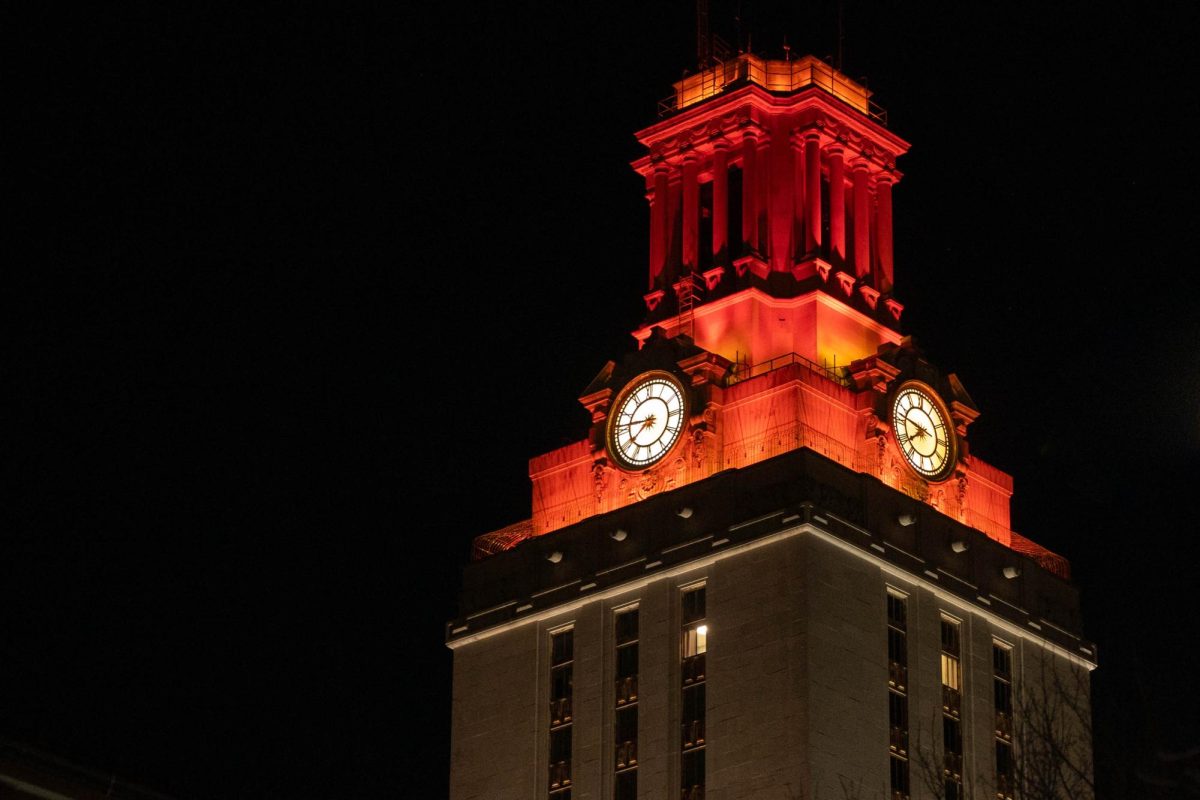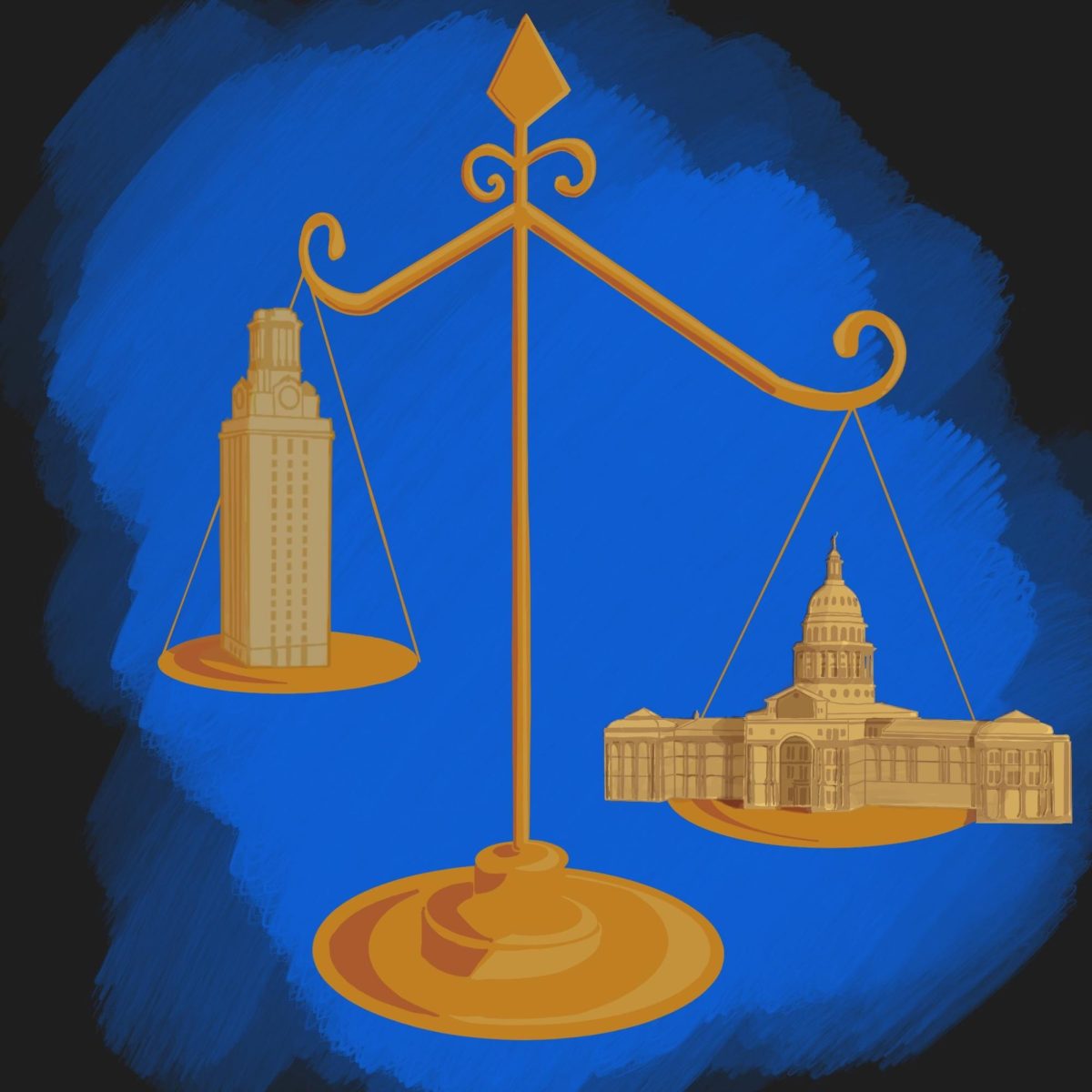English Assistant Professor Snehal Shingavi said even without a shred of evidence, a majority of people in the United States believed the explosions that took place at the Boston Marathon were the result of Muslims.
Texas Amnesty International invited Shingavi to speak at a rally intended to raise awareness for and petition against American drone strikes Tuesday evening, although he took the opportunity to briefly discuss the related topic of Monday’s Boston bombing. While Shingavi exposed the human rights violations of drone victims, he also said anti-war activists have to engage in honest dialogue about why these drone strikes happen and talk about what kind of political movement is required for change.
“The idea of Islamaphobia has become so pervasive that even before we know what’s happening,” Shingavi said. “The kind of ideology is that Islam is the enemy and Islam is violent and therefore everything that is done is justifiable.”
Shingavi also said drone strikes not only destroy life in Afghanistan and Pakistan, they actually deplete resources in the United States.
"Everything that’s used to destroy lives there is money taken away from building here that can be useful for life,” Shingavi said. “That’s a very useful way to think about drone strikes.”
According to Ayesha Akbar, president of Texas Amnesty International, drone strikes have killed 2,000 civilians and 200 of them have been children. Akbar read three personal accounts from the Middle East of those personally affected by drone strikes. The victims who wrote the accounts said the expectation of potential drone strikes causes them to live in fear.
“These stories [show that many Americans] don’t realize how personal … of an issue and how deeply [a drone strike] affects those that lose loved ones,” Akbar said.
Amnesty International is the world’s largest grassroots organization with more than 150 countries and 3 million members, according to international relations and global studies sophomore Rachel Sullivan.
Following Shingavi’s mini lecture, three students, Elijah Allred, Charles Stephens and Joseph Flores performed slam poetry on their feelings about United States foreign policy and the topic of drone strikes.
Aerospace engineering sophomore Katie Vlasoff attended the event because she said she wanted to see her friend perform poetry. Vlasoff said she thought the topic was very interesting especially because it’s very easy for people in the United States to feel disconnected from the issue.
“The disconnect is not only because it happens in countries so far away with people that we already alienate but also because it’s made to make you feel disconnected,” Vlasoff said. “No human can say that I pulled the trigger, and so it’s a dispersal of the responsibility and the dispersal of the ethical problems that fall when you are taking away lives.”



















